

Are you ready to embrace a sustainable future and reduce your reliance on traditional energy sources? How to Switch to Solar Energy? It is a fantastic step towards a greener planet and significant cost savings. However, the prospect of a major home renovation can be daunting. This comprehensive guide will walk you through the process of transitioning to Solar Energy with Minimal Disruption to your daily life.
Switch to Solar Energy as it harnesses the power of the sun to generate electricity. Solar panels, installed on your rooftop, convert sunlight into direct current (DC) electricity. This DC electricity is then converted into alternating current (AC) electricity, compatible with your home's electrical system, by an Inverter.
1. Roof Orientation and Shading:
2. Roof Condition:
3. Local Solar Incentives:
4. Solar Panel System Size:
1. Consultation with a Solar Installer:
2. Permitting and Approvals:
3. Roof Preparation:
4. Solar Panel Installation:
5. Inverter Installation:
6. System Testing and Commissioning:
Take into account the following elements while choosing a solar company:
When considering solar panel installation in Jaipur, it's crucial to choose a reputable and Best Solar Company In Jaipur. A reliable solar company will provide expert guidance, high-quality products, and professional installation services. Look for a company with experience, positive reviews, and a strong commitment to customer satisfaction.
As we continue to explore the world of solar energy, let's delve deeper into some specific aspects that can help you make informed decisions about your solar journey.
There are several varieties of solar panels, and each has pros and cons.
Crystalline Silicon Solar Panels:
Thin-Film Solar Panels:
Solar energy storage systems allow you to store excess solar energy for use during peak demand periods or at night. This can significantly increase the value of your solar system, especially in areas with time-of-use electricity rates.
Government incentives and policies play a crucial role in promoting solar energy adoption. These incentives can include:
Switching to Solar Energy is a smart investment that offers numerous benefits. By following the steps outlined in this guide and choosing a reliable solar company, you can seamlessly transition to a sustainable and cost-effective energy solution. Embrace the future of energy and enjoy the peace of mind that comes with powering your home with clean, renewable solar energy.
.jpeg)
Myth #1 • All Solar Systems Operate During Power Outages A grid-connected solar power system will lose power during ou...Read More
23 Sep 2023

In recent years, rooftop solar installations have seen a massive rise across India. With increasing electricity costs, growing ...Read More
04 Feb 2026

Harnessing the Power of the Sun: A Comprehensive Guide to Rooftop Solar Systems In the quest for sustainable and renewable ...Read More
19 Dec 2023
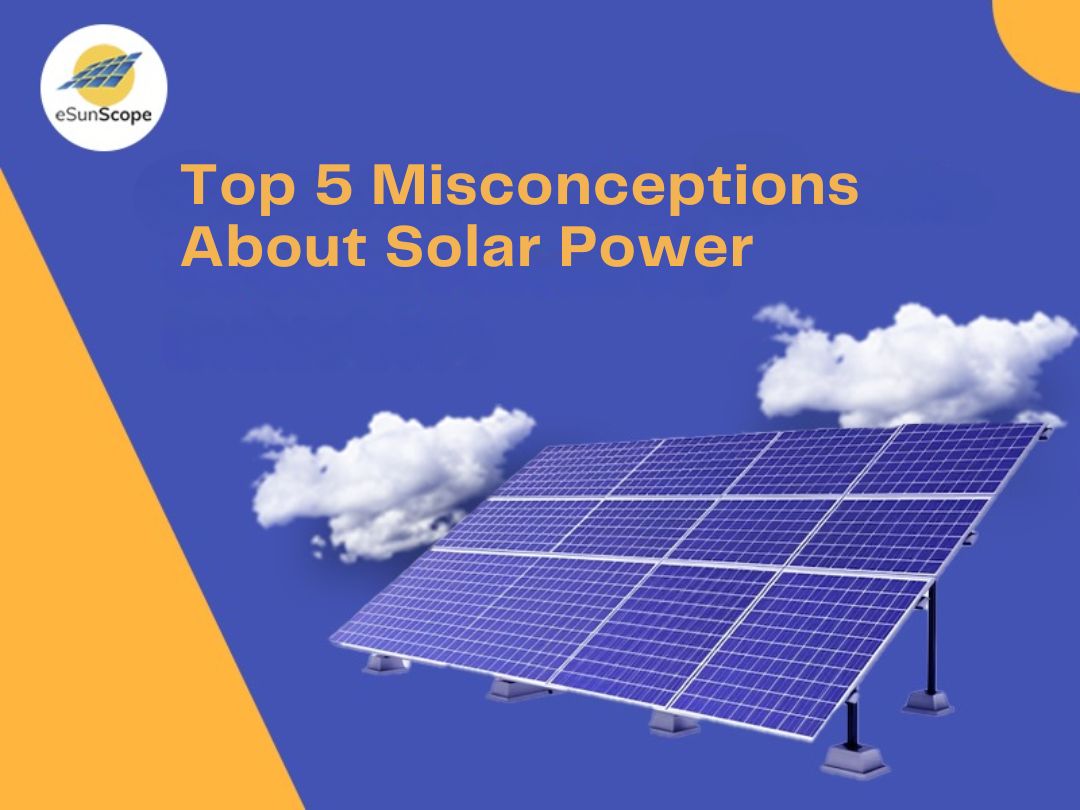
As Rajasthan continues to shine as a solar energy powerhouse in India, more households and businesses are considering switching...Read More
21 Apr 2025

With rising electricity costs and increasing focus on sustainability, solar energy has become a smart and future-ready choice f...Read More
15 Jan 2026
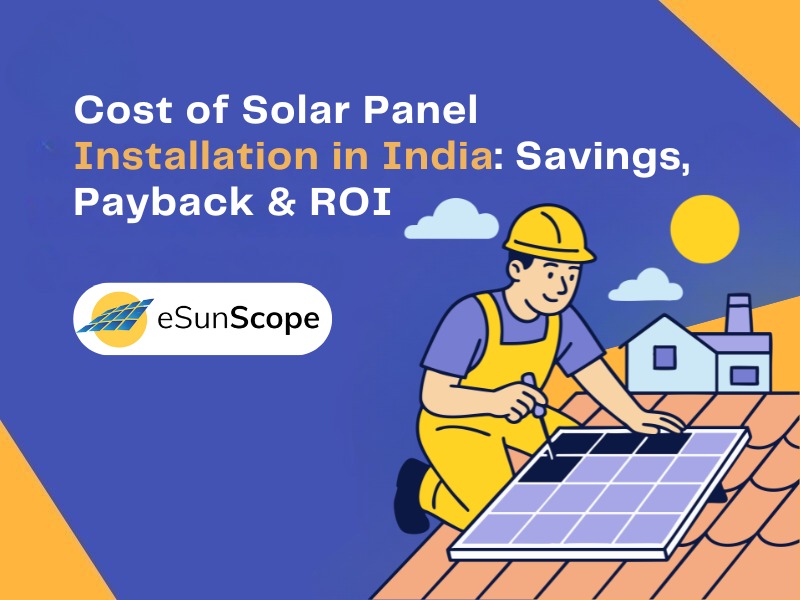
The demand for solar energy in India is growing rapidly as more households and businesses switch to clean, affordable, and reli...Read More
18 Nov 2025

In a world rapidly transitioning toward clean energy, eSunScope Solar is proud to lead the change as a trusted Solar company in...Read More
26 Jul 2025

The global energy landscape is undergoing a significant transformation, driven by the urgent need to address climate change and...Read More
15 Feb 2025

How to Choose the Best Solar Plant Installer in Jodhpur? In the vibrant city of Jodhpur, where the sun shines brightly for ...Read More
09 Jan 2024

The sun, a constant energy source, offers a powerful way to reduce your electricity bills and contribute to a greener future. I...Read More
22 Jan 2025
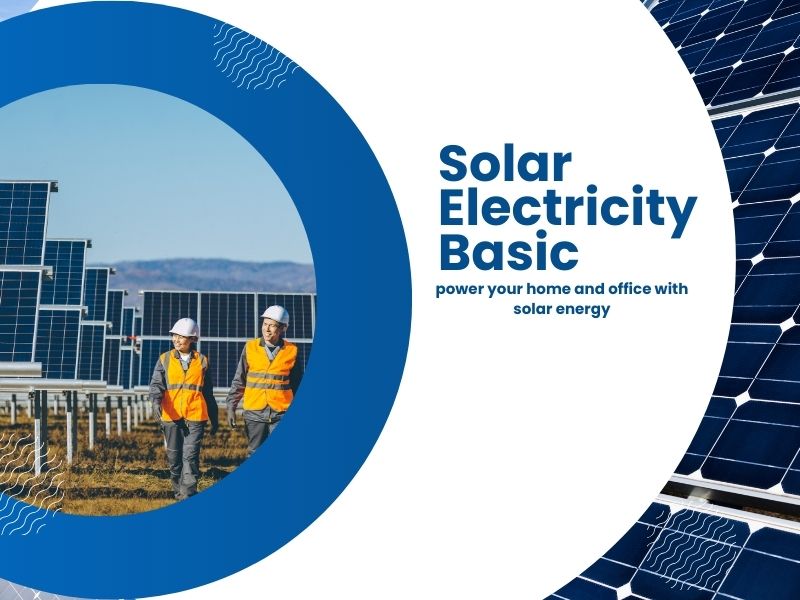
Solar electricity is rapidly gaining popularity among homeowners as an eco-friendly and cost-effective alternative to tradition...Read More
29 Aug 2023
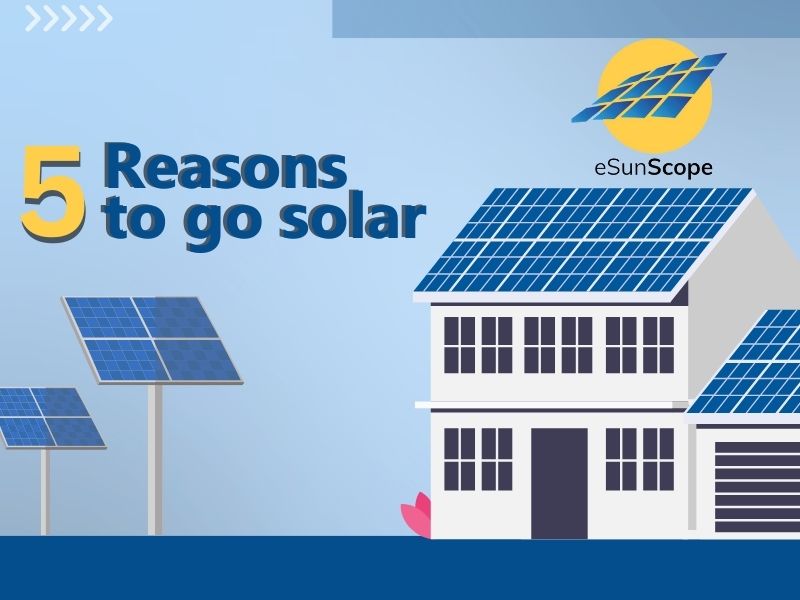
In a world influenced by global events and concerns about inflation, individuals are seeking prudent investment avenues. Is sol...Read More
29 Aug 2023

As Solar Energy adoption continues to rise across homes, industries, and commercial sectors, ensuring the safety and longevity ...Read More
06 Oct 2025
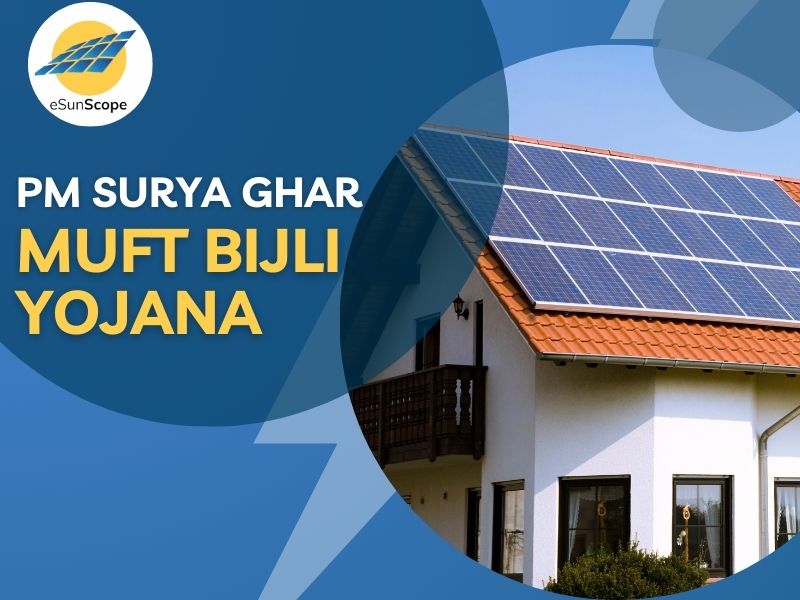
PM Surya Ghar Muft Bijli Yojana 2024: Illuminating India's Rooftops with 1 Crore Solar Residences In a monum...Read More
12 Feb 2024

Why Now Is the Best Time to Switch to Solar with eSunScope Solar Rajasthan has always been known as the land of the sun&mda...Read More
08 Dec 2025

Transitioning to solar energy has never been easier. At eSunScope Solar, a leading Solar company in Rajasthan, we guide you thr...Read More
18 Jul 2025

When it comes to Solar Energy, success begins long before the first panel is installed. At eSunScope Solar, a leading Solar Com...Read More
04 Aug 2025

Solar Subsidies in Rajasthan: Illuminating a Sustainable Future In Rajasthan, the glimmering sun often beats dow...Read More
10 Nov 2023

For decades, electricity has been a monthly expense, like groceries or fuel. But what if you could generate your own electricit...Read More
04 Sep 2025

The sun, a constant source of clean and abundant energy, has increasingly become a viable solution for powering homes. Harnessi...Read More
09 Jan 2025

eSunScope - The Best Solar Installation Company in Kota In the quest for sustainable and renewable energy sources, solar po...Read More
09 Feb 2024

Investing in a solar energy system is a significant step towards energy independence and environmental responsibility. However,...Read More
09 Jan 2025

Solar energy is a rapidly growing industry, and with it comes a variety of solar panel technologies. Understanding the differen...Read More
19 Nov 2024

In today's world, industries face increasing pressure to reduce their environmental impact while maintaining profitability....Read More
22 Jan 2025

The quest for clean, sustainable energy has propelled remarkable advancements in solar technology. From boosting efficiency to ...Read More
15 Feb 2025